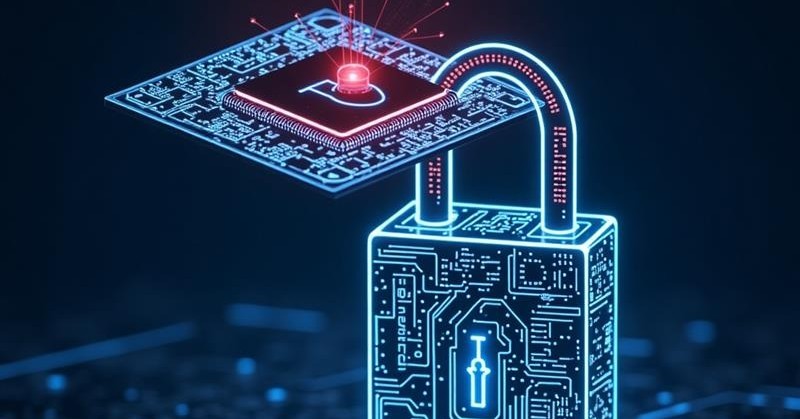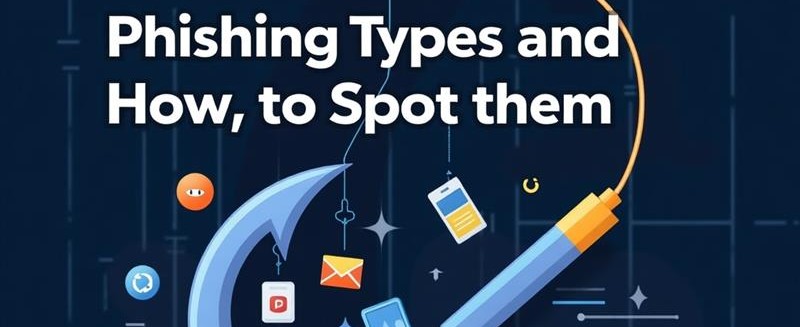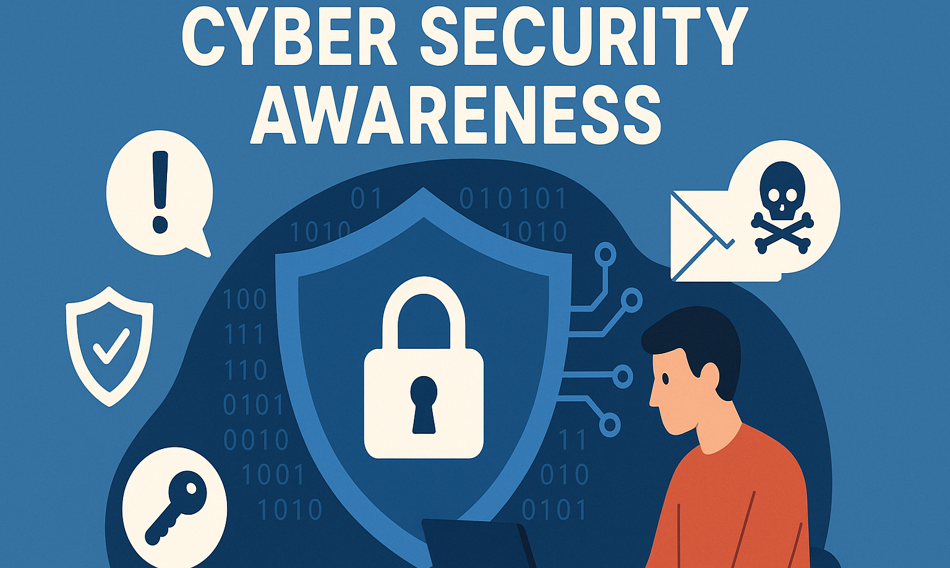Why does cybersecurity face a threat from quantum computing?
Is there a computer that can perform tasks that are beyond the capabilities of a typical computer? Quantum computers are the name given to these unique computers. Because they employ tiny devices known as “qubits” rather than standard “bits,” they function differently from the computers we use daily. Although quantum computing is now a reality rather than just science fiction, there are significant risks associated with this technology, particularly concerning cybersecurity.

Quantum computing: what is it?
They differ from the computers you use at home, at school, or at work in that they employ “qubits” rather than standard “bits.” Quantum computers use qubits, which are different from other computers that use bits (0s and 1s) in that they can simultaneously be both 0 and 1, such as superposition in physics. This makes it possible for quantum computers to complete some computations far more quickly than current devices. Additionally, it implies that quantum computers can solve mathematical puzzles that protect our data, puzzles that take traditional computers millions of years to solve.
Today’s Encryption
Most of the online security nowadays relies on encryption techniques like RSA and ECC. These encrypt all of your private information, including bank transactions, emails, and passwords. These techniques’ security depends on the fact that some math problems, such as factoring large numbers, are difficult for modern computers to handle.
How This Encryption Is Broken by Quantum Computing?
Unlike traditional computers, which could take millions of years to solve complex math problems, quantum computers use unique algorithms, such as Shor’s algorithm, to quickly solve them. Quantum computers complete it in a matter of seconds. In essence, this means that once strong quantum computers are developed, they will be able to crack the encryption that safeguards practically everything on the internet. Government files, business secrets, and your personal information may all be at risk.
What Might Occur If We’re Not Ready?
As hackers use quantum computers to crack encrypted data, data breaches could increase dramatically. Financial systems that rely on online banking and payments may be in danger. Sensitive government communications could be made public, endangering national security. Your private information, including messages, images, and medical records, may be compromised or stolen.
Are there answers?
Yes, the field of Cybersecurity is constantly evolving. Experts are developing several significant solutions to guard against the threat posed by quantum computing. Among the crucial actions is the advancement of PQC, or post-quantum cryptography. These new encryption techniques are made to withstand even the most potent quantum attacks. These algorithms are already being tested by governments and tech firms to replace the encryption systems in use today. Quantum Key Distribution (QKD) is an additional solution. This securely exchanges secret keys using the laws of quantum physics, making it easy to identify any attempts at eavesdropping. Even though it is still in its infancy, QKD may be very important for communications security in the future. Hybrid encryption models, which combine conventional quantum-resistant techniques, are also being used by some organizations. This aids in ensuring security while quantum-safe systems are being developed.
Conclusion
Although quantum computing holds great promise for advancement, it also poses new risks. The danger to cybersecurity is a serious and pressing issue. To prepare, people, companies, and the government must first understand the risk. How well we prepare for this period leap will determine how our digital privacy develops in the future.




